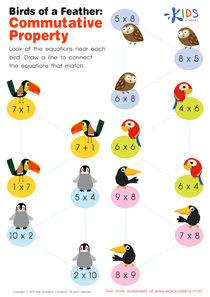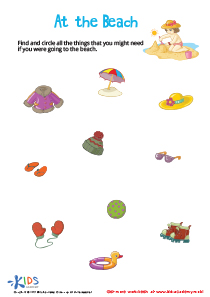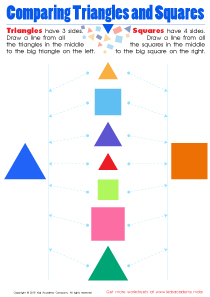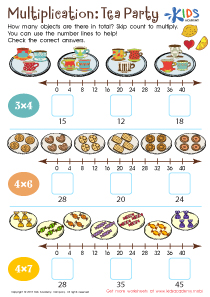Normal Math Worksheets for Ages 4-6
355 filtered results
-
From - To
Unlock the world of numbers with our Normal Math worksheets, tailored specifically for children aged 4-6. Designed to inspire young minds, these worksheets blend fun with education, guiding your child through the basics of mathematics. From counting and basic arithmetic to shapes and measurements, our Normal Math worksheets offer a comprehensive foundation that supports early learning standards. Engaging activities ensure your child's interest is piqued at every turn, making math a subject they look forward to rather than shy away from. Perfect for homeschooling or supplemental learning, dive into Normal Math for Ages 4-6 and watch your child's confidence in math grow.
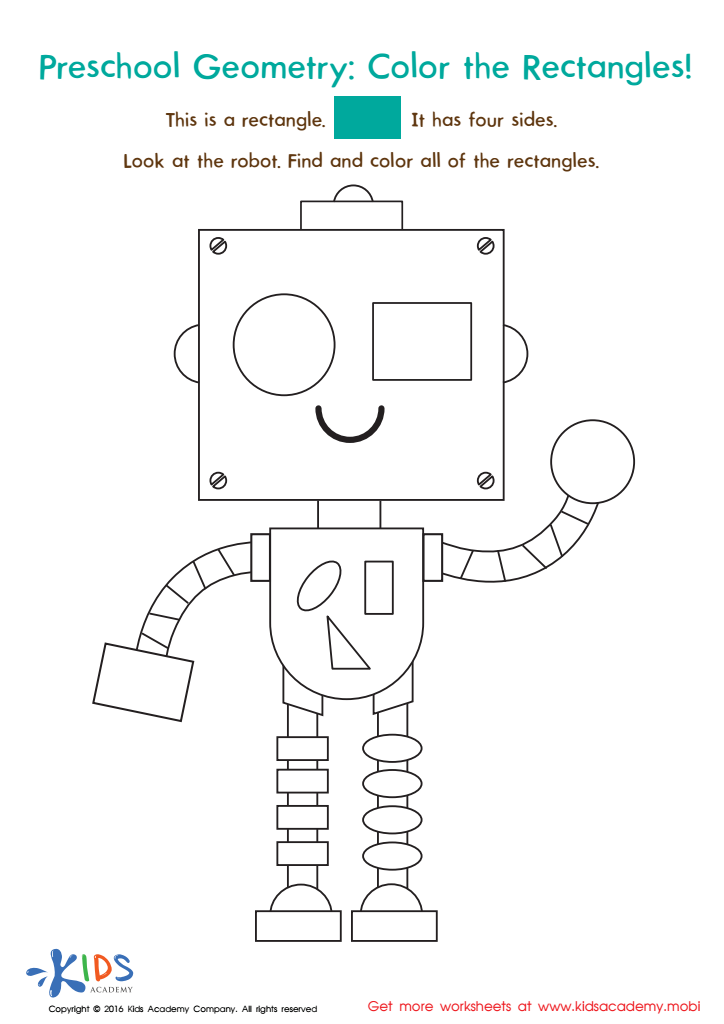

Geometry Worksheet
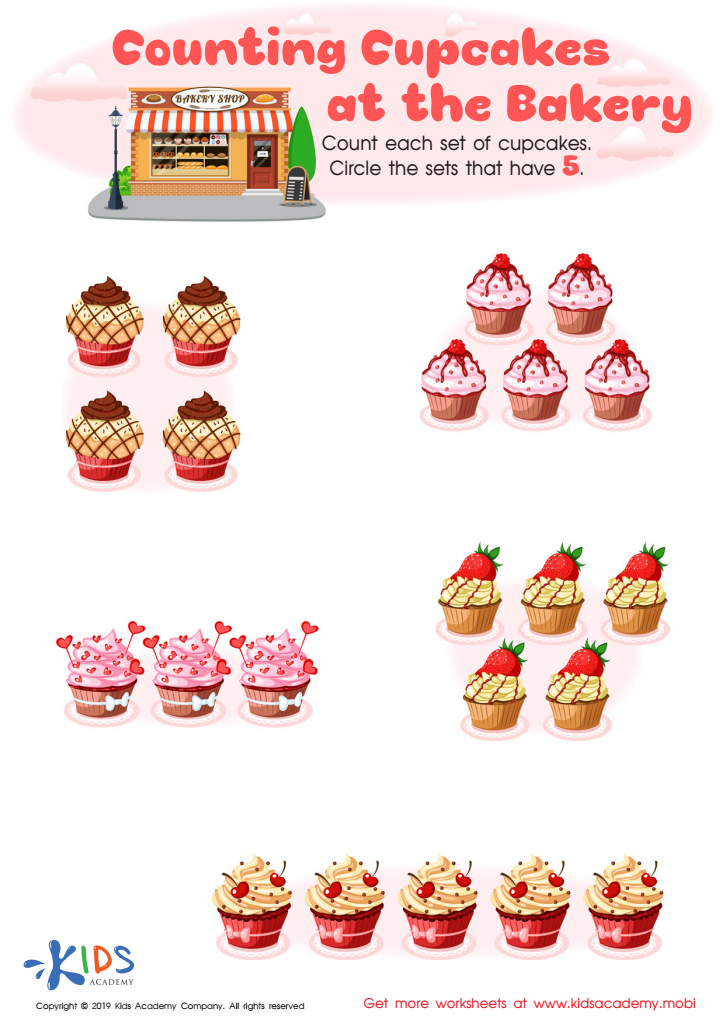

Counting Cupcakes Worksheet
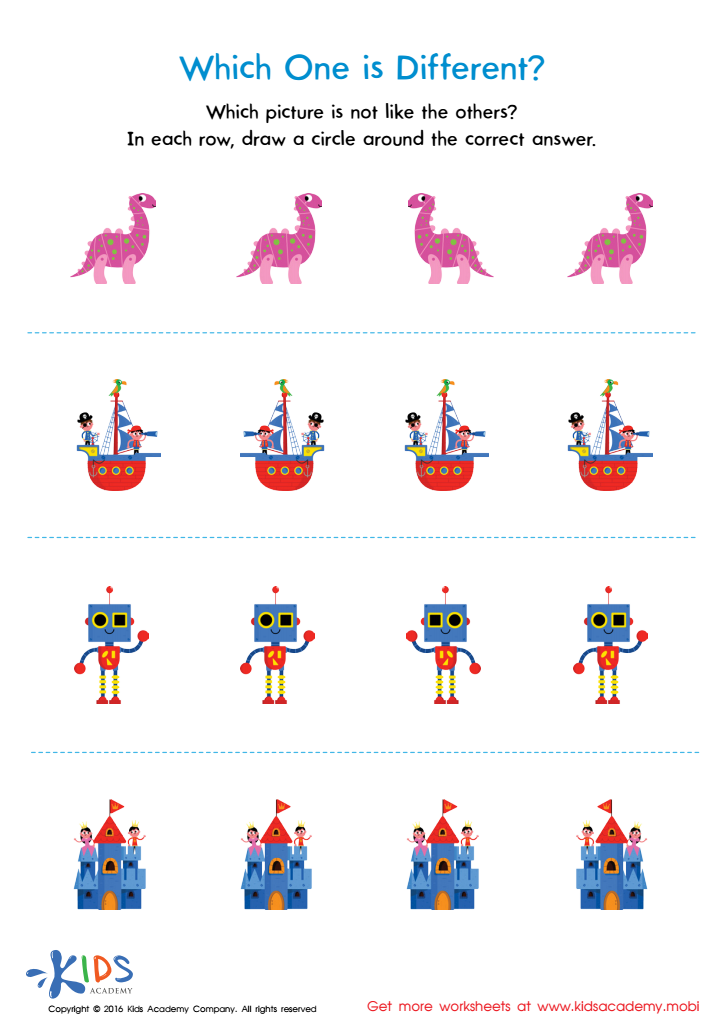

Which One Is Different Worksheet
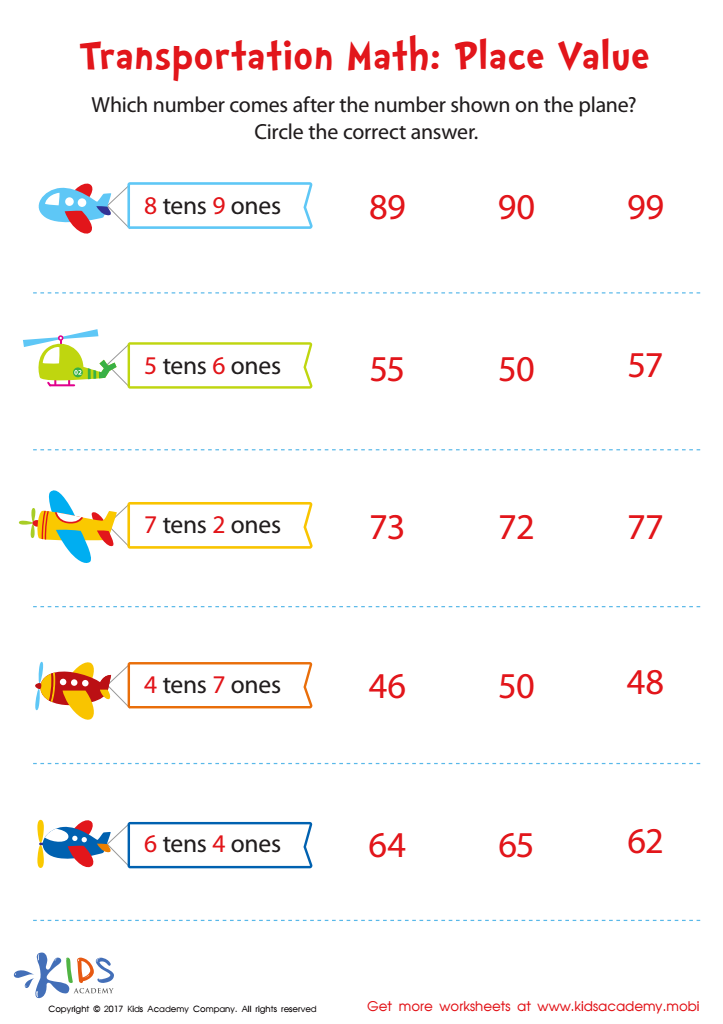

Transportation Math Printable
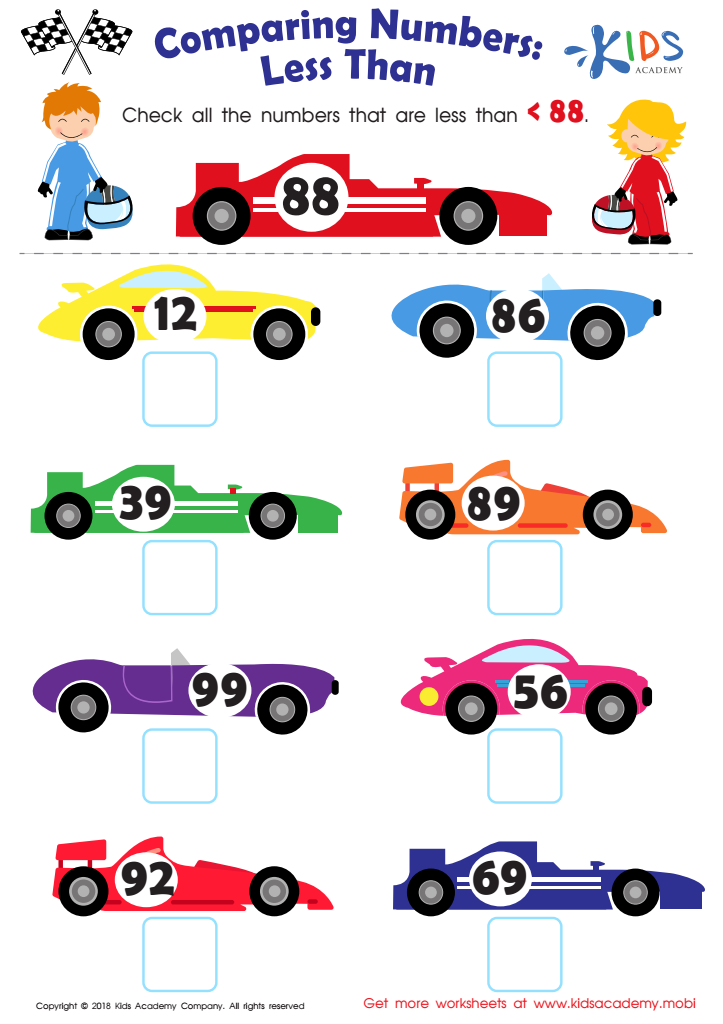

Less Than Worksheet
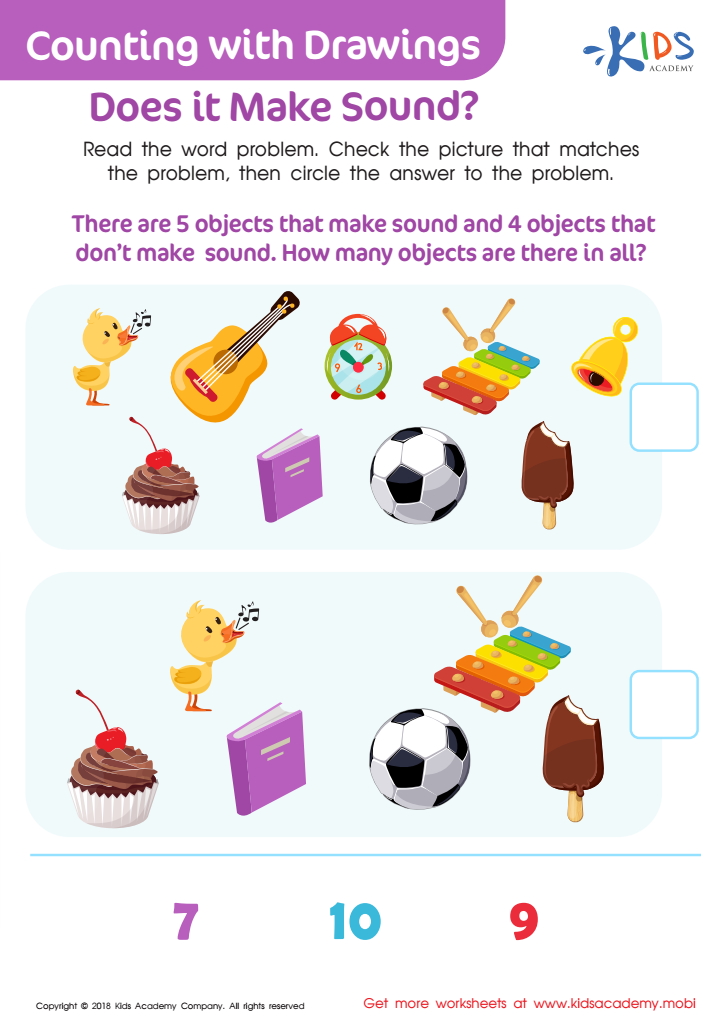

Counting With Drawings. Does It Make Sound? Worksheet
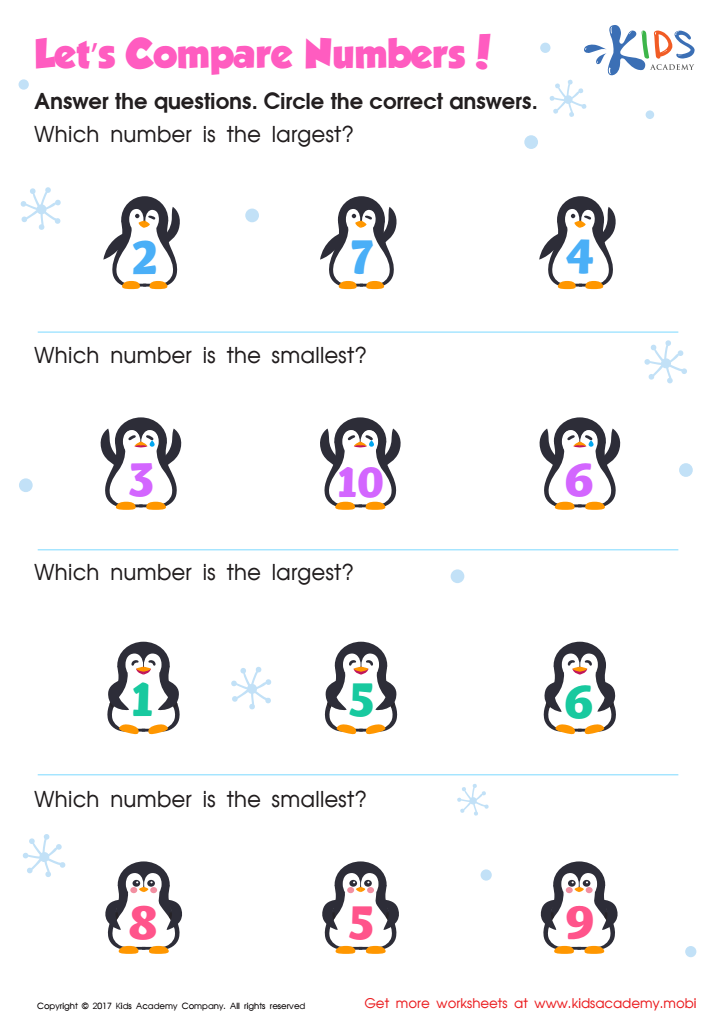

Comparing Numbers 1–10 Worksheet Kindergarten
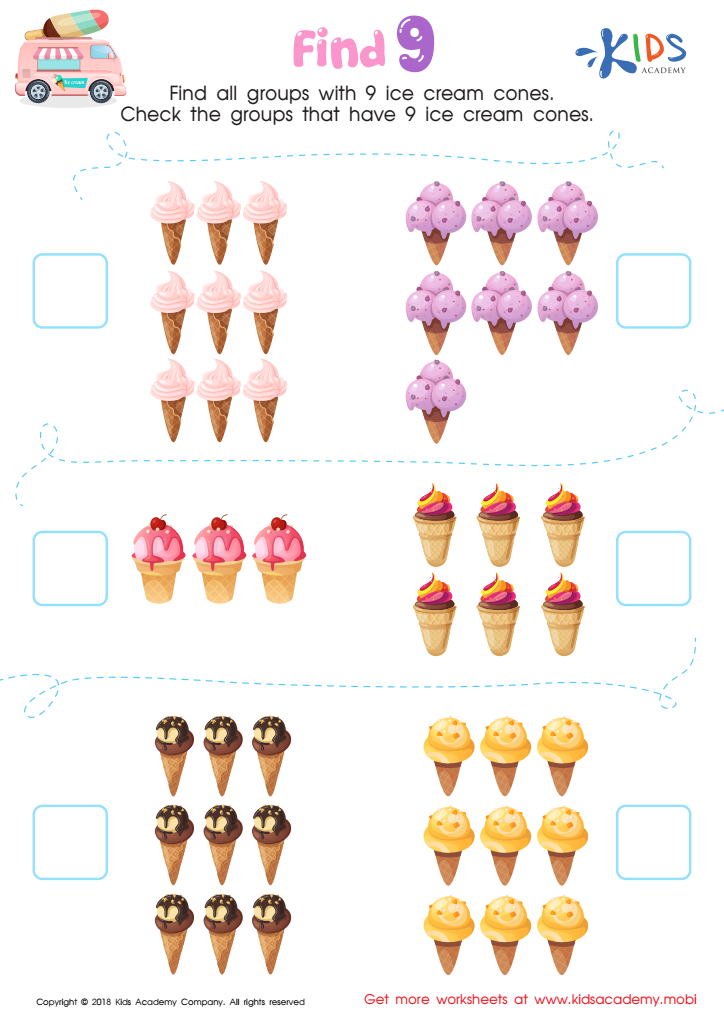

Find 9 Worksheet
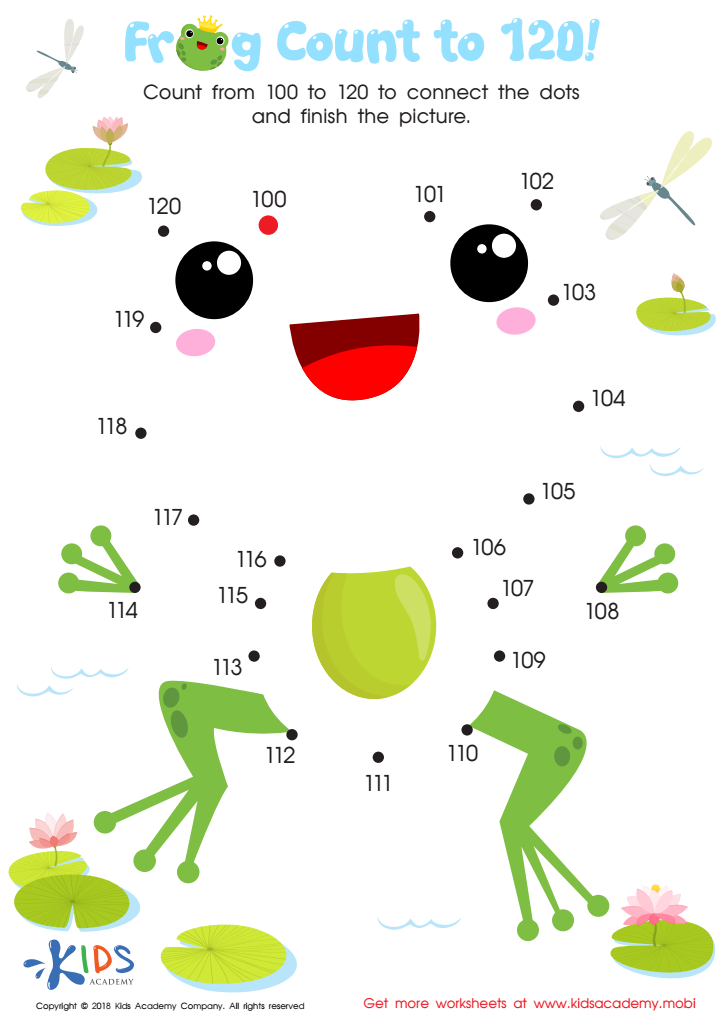

Frog Count to 120 Worksheet
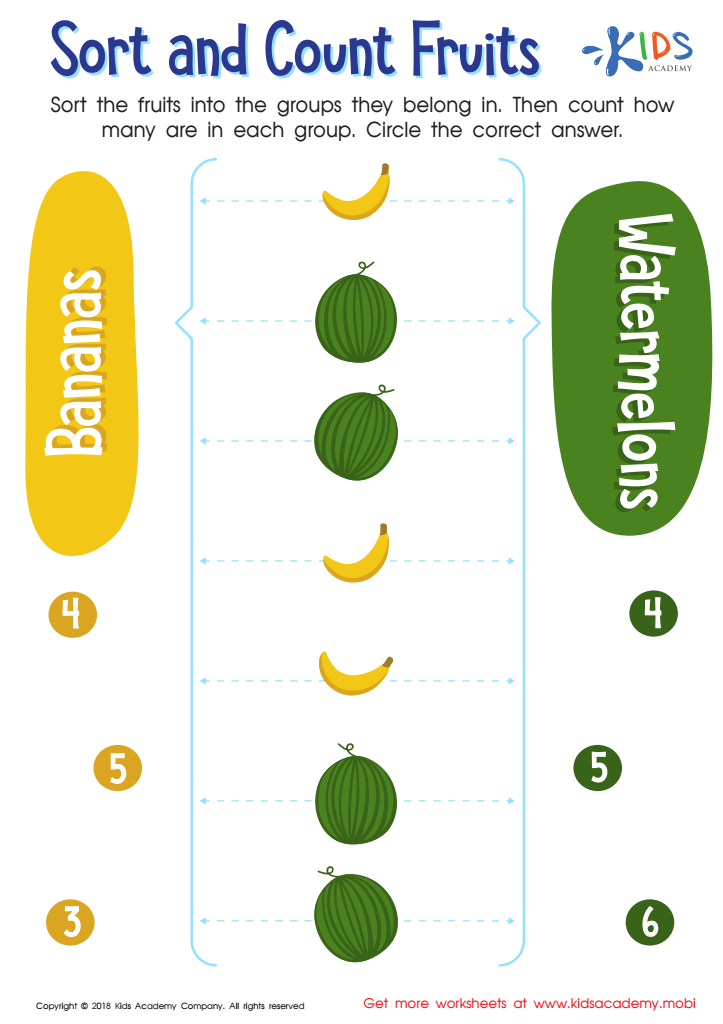

Sort and Count Fruits Worksheet
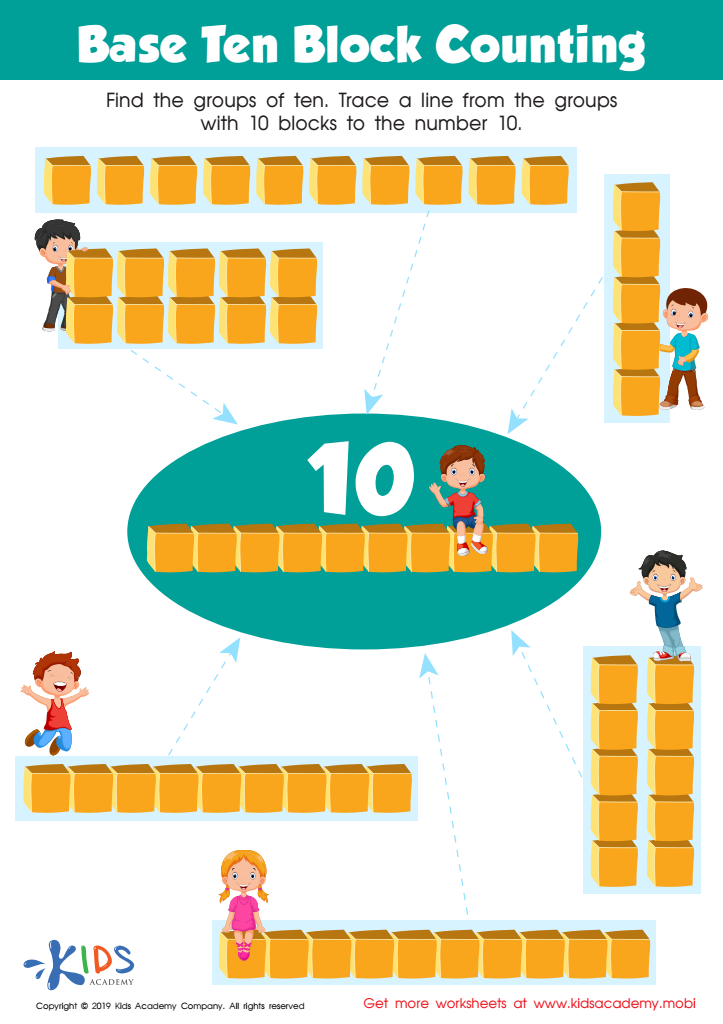

Base Ten Block Counting Worksheet
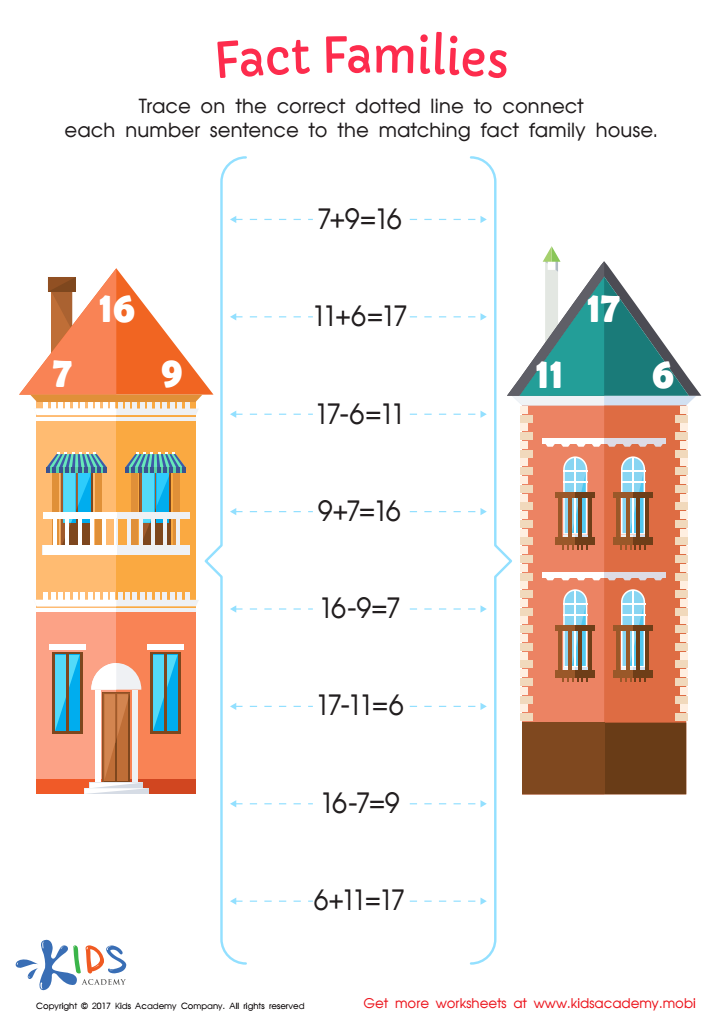

Fact Families — Add and Subtract Worksheet
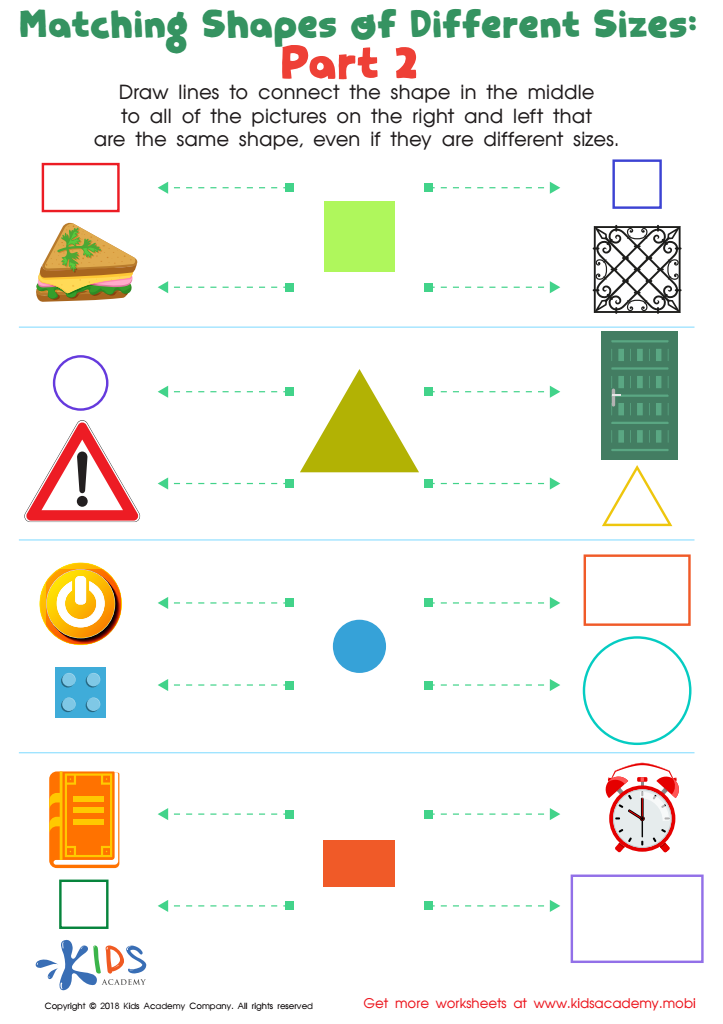

Geometry: Part 2 Worksheet
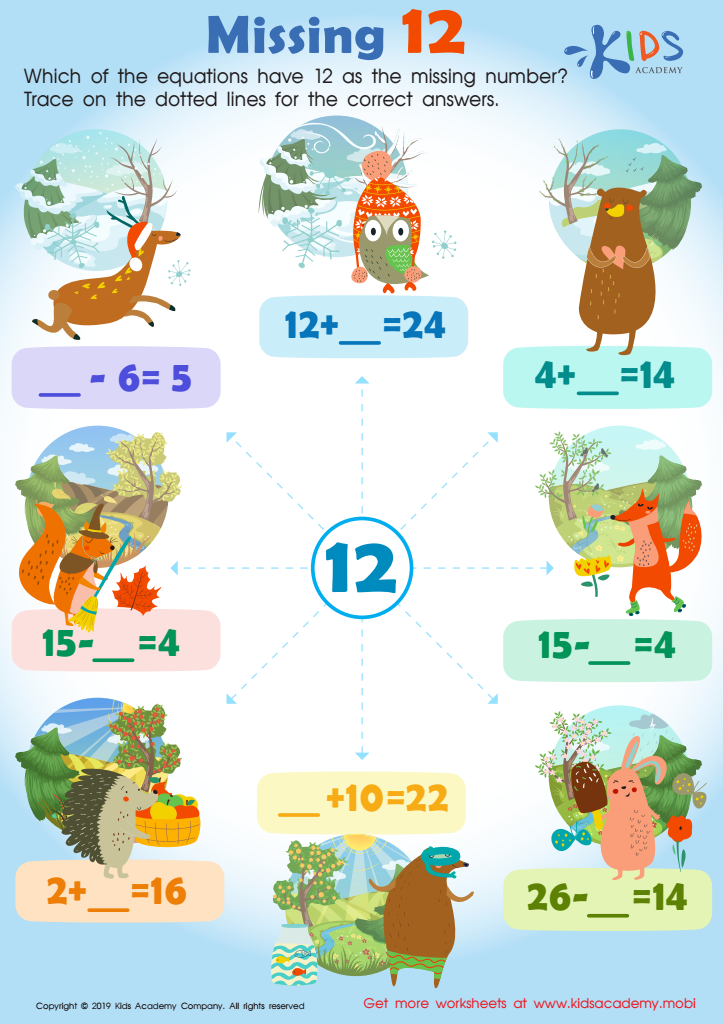

Missing 12 Worksheet


Sort and Count to the Moon Worksheet
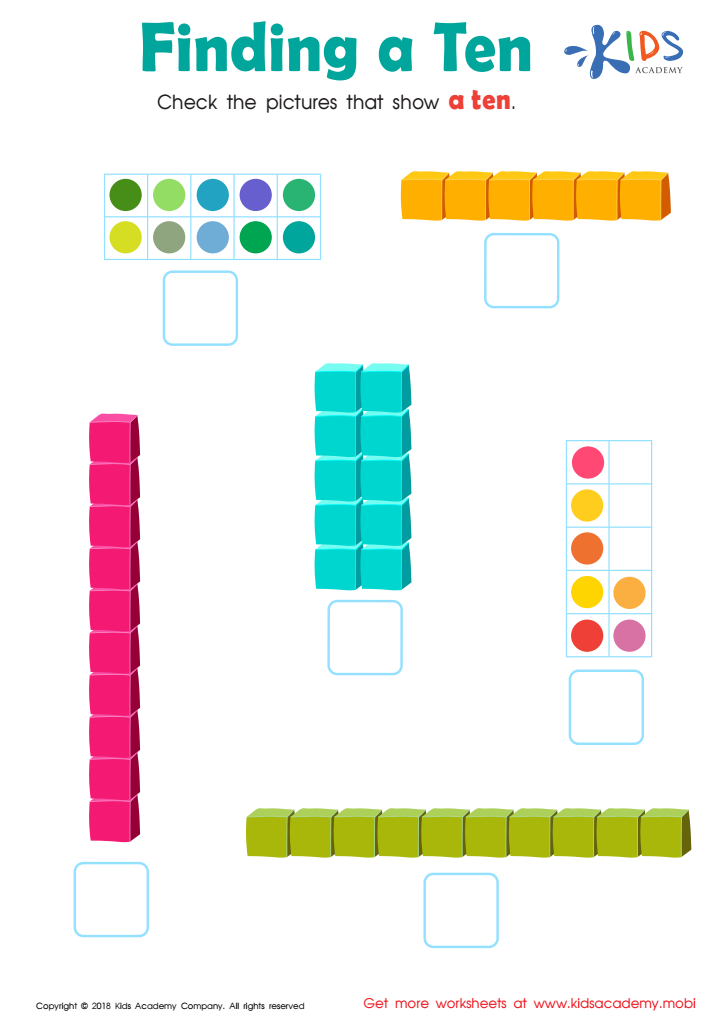

Finding a Ten Worksheet
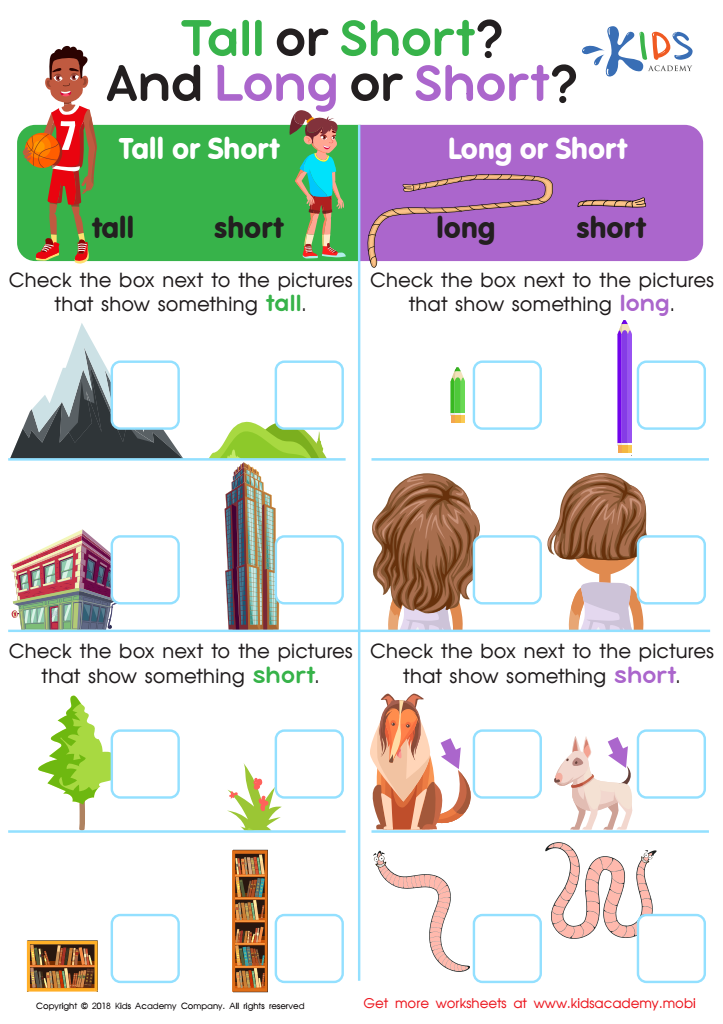

Tall or Short and Long or Short? Worksheet
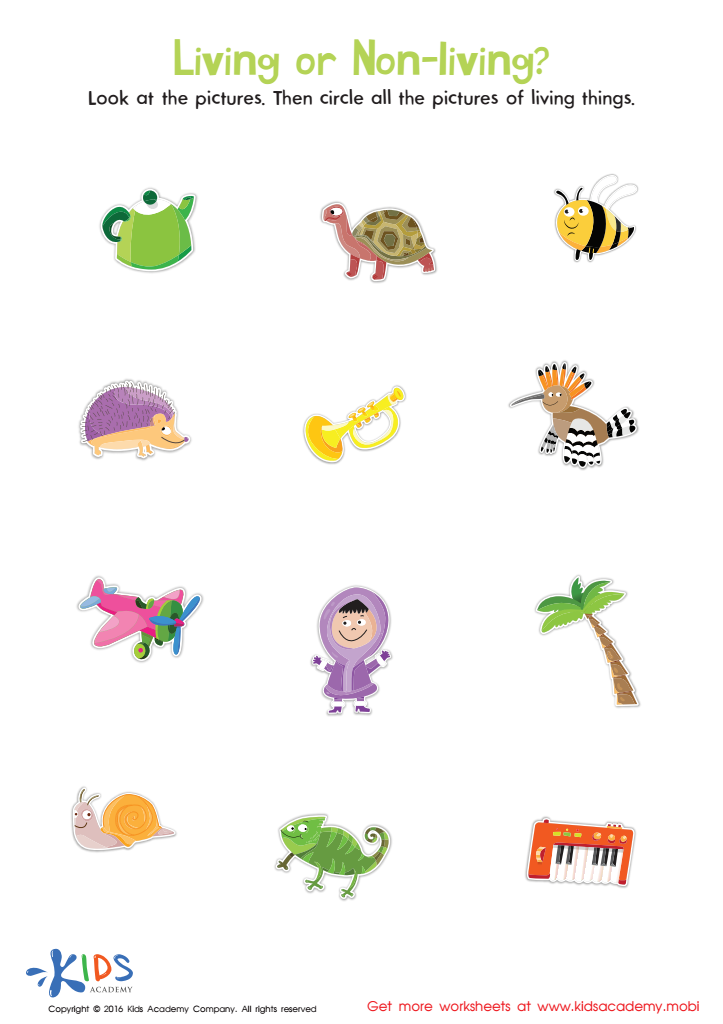

Identifying Living and Non–living Things Sorting Worksheet
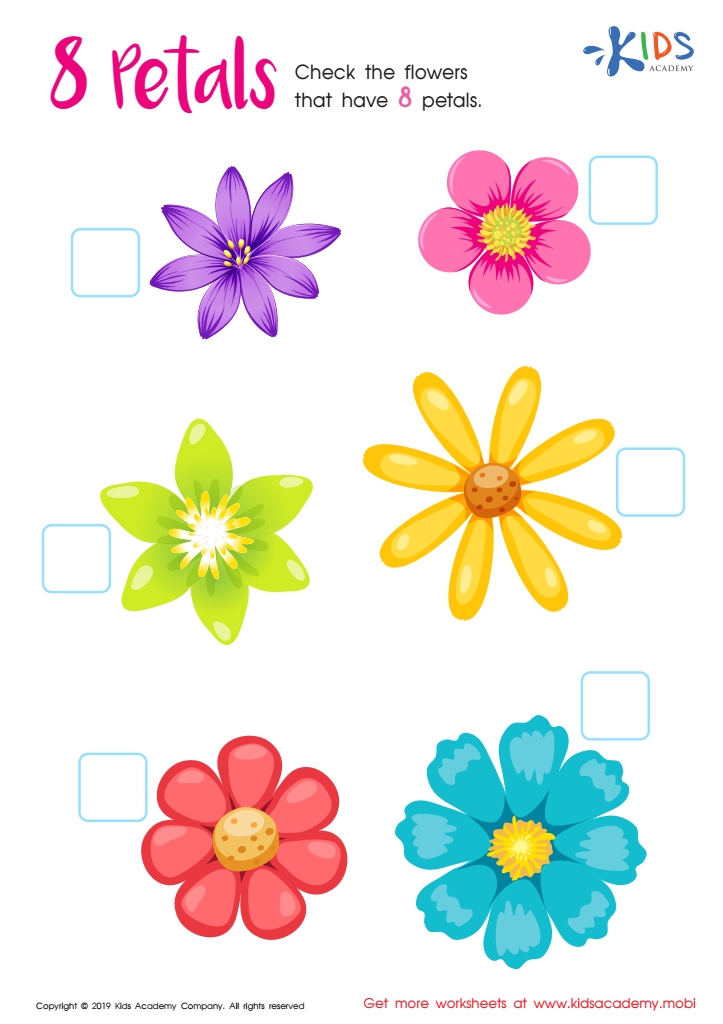

8 Petals Worksheet
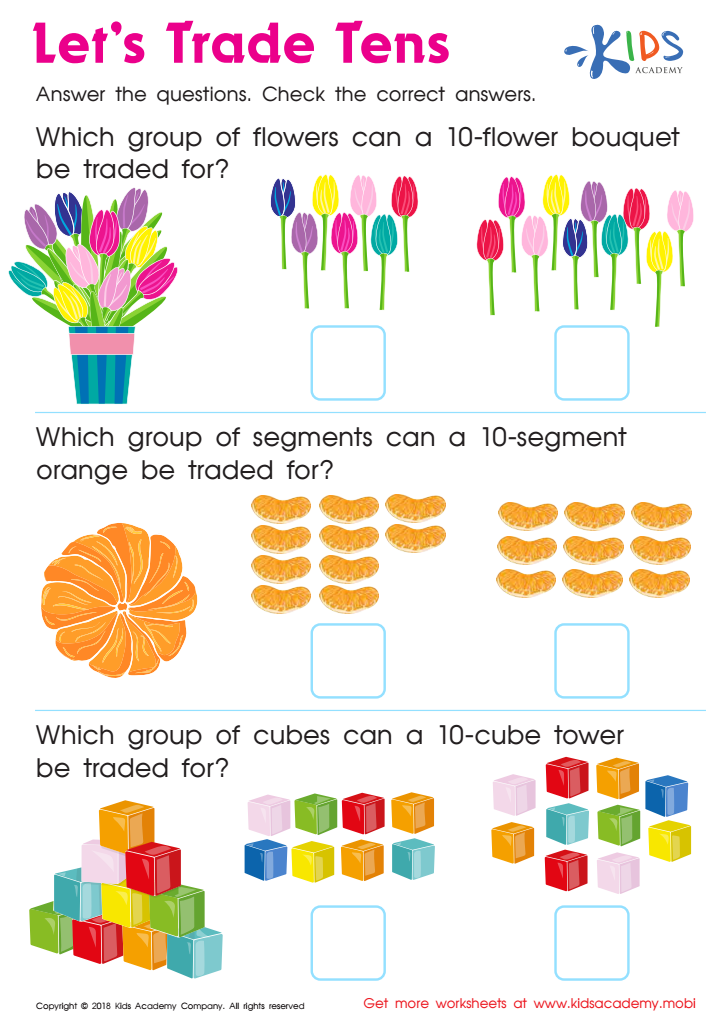

Lets Trade Tens Worksheet
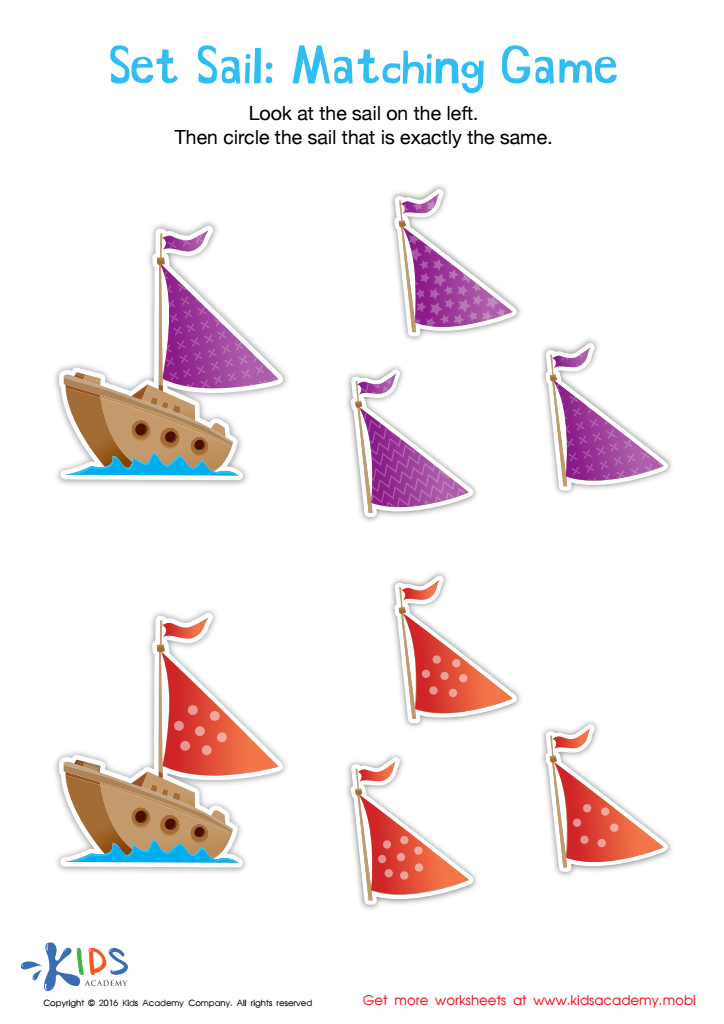

Set Sail Worksheet
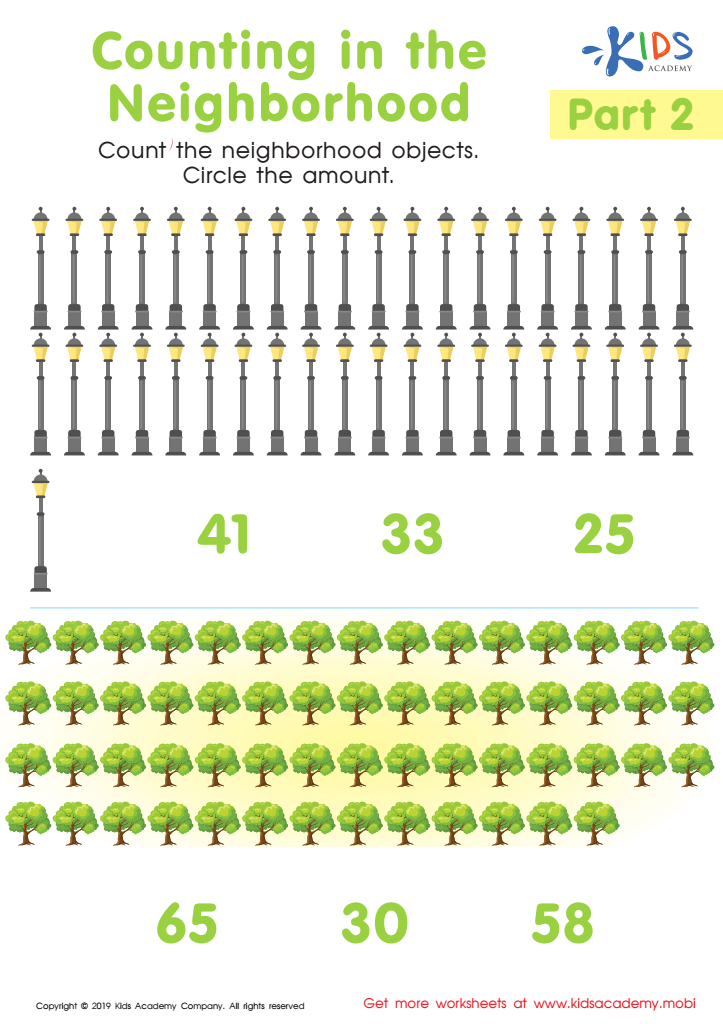

Counting In The Neighborhood Part 2 Worksheet
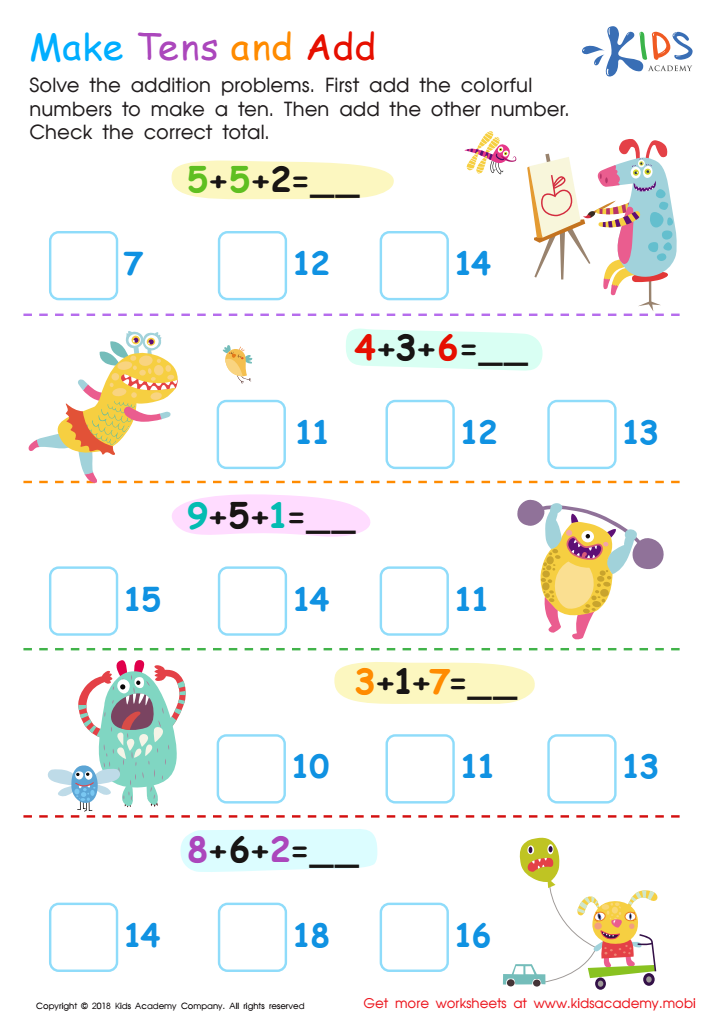

Make Tens and Add Worksheet
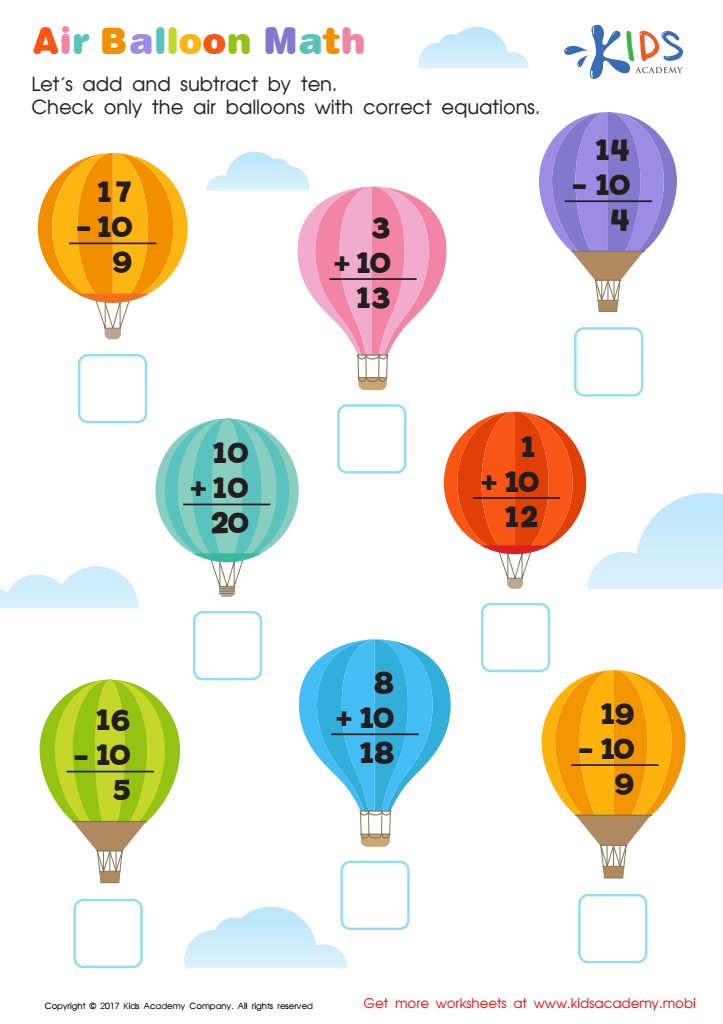

Air Balloon Math Worksheet
Normal Math worksheets for Ages 4-6 play a crucial role in laying the foundation for young learners' future academic success. In this formative age range, children are just beginning to explore the world of numbers, shapes, and basic problem-solving. Normal Math worksheets are designed with this developmental stage in mind, offering exercises that are not only age-appropriate but also engaging and fun.
These worksheets serve multiple educational purposes. Firstly, they introduce children to the concept of structured learning, gently guiding them to follow instructions and complete tasks independently. This fosters a sense of achievement and self-discipline early on. Secondly, Normal Math worksheets for Ages 4-6 are instrumental in developing fine motor skills. As children grip pencils to trace numbers or color shapes, they hone their hand-eye coordination and manual dexterity.
Moreover, these worksheets cover fundamental Math concepts such as counting, simple addition and subtraction, identifying shapes, and understanding sizes. Such basics are crucial for cognitive development, helping children to recognize patterns, solve problems, and think logically. By making these concepts accessible and enjoyable, Normal Math worksheets ensure that young learners build a strong foundation in Math, setting them on a path of curiosity and confidence in their abilities to tackle more complex mathematical challenges as they grow.
 Assign to the classroom
Assign to the classroom






